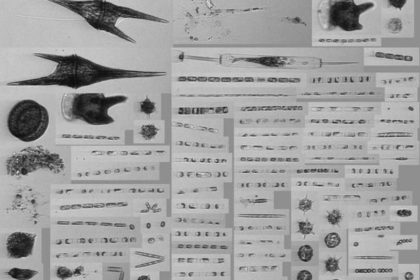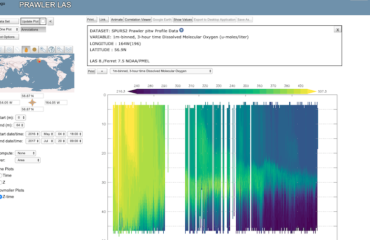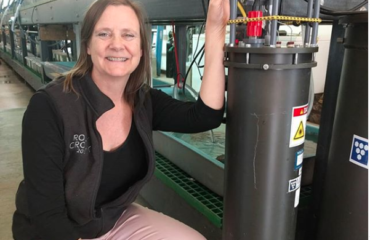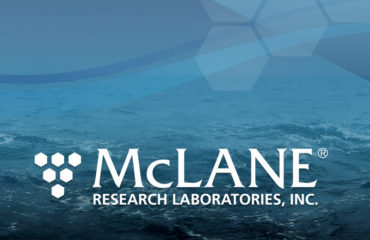
Imaging FlowCytobot samplers (IFCBs) manufactured by McLane will be installed in a new Long Term Ecological Research (LTER) site off the Northeast coast of the United States. LTER programs focus attention on specific sites representing major ecosystem types, and undertake long-term assessments of populations, communities, and the physical environment.
Dr. Heidi Sosik, Woods Hole Oceanographic Institution (WHOI) Sr. Scientist and IFCB co-inventor, will lead a group of researchers studying the intricate and dynamic Atlantic coastal ocean ecosystem, utilizing automated instruments such as the IFCB. Instruments will be deployed at ocean observatory time series sites and on cruises that survey the region. “We are very excited about this opportunity for long-term high-resolution observations of the microscopic organisms that make our coastal waters so productive,” Sosik said. “We will learn a lot about the ocean food web and how it is responding to changes in the environment.”
The new LTER will provide spatial and temporal information about the ocean over the continental shelf from North Carolina to Maine. New data will incorporate the sustained, comprehensive observations needed to understand the mechanisms linking the physical ocean environment to plankton food webs and, ultimately, to fish stocks. Data will increase the ability to predict the ecosystem responses to environmental changes.
Collaborators for this multi-year, NSF-funded project include scientists from WHOI, the University of Massachusetts, Wellesley College, and the University of Rhode Island.
The IFCB has been manufactured by McLane for commercial customers since 2013. The IFCB was developed specifically for the in-situ imaging of phytoplankton in an aquatic environment. Flow cytometric and video technology capture high resolution images and optical data of suspended particles in-flow. With a sample rate of 15mL/hour, the IFCB may generate up to 30,000 high quality images in one sampling hour. Uses include phytoplankton ecology research, harmful algal bloom detection, water quality characterization, and aquaculture monitoring.
Learn more about the Northeast U.S. Shelf LTER Research site at http://www.whoi.edu/news-release/NES-LTER



